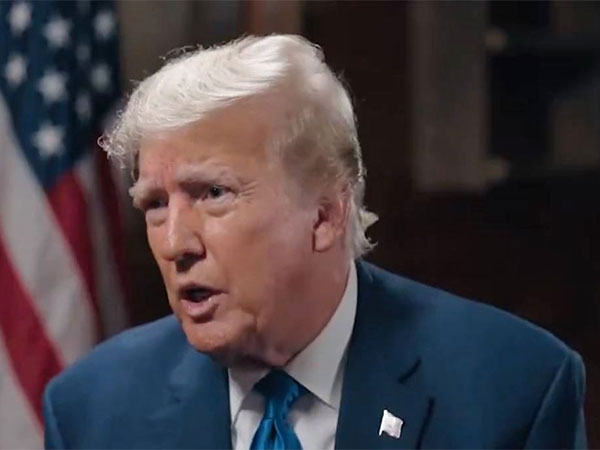Trump's Reciprocal Tariffs: A New Era in US-India Trade Relations
The US has announced 27% reciprocal tariffs on India due to high import duties on American goods. The decision, part of President Trump's strategy to boost US manufacturing, affects India's exports. Despite potential challenges, India could benefit more than its competitors facing similar tariffs.

The United States has imposed a 27% reciprocal tariff on India, responding to New Delhi's high import duties on American goods. President Trump announced this move as part of a broader strategy to reduce the trade deficit and enhance U.S. manufacturing, affecting 60 countries in total.
This decision is expected to impact India's exports to America. Indian experts, however, believe that the country is better positioned than many of its global competitors who also face increased levies. Efforts are underway by India's commerce ministry to analyze the implications of these new tariffs.
While this may pose challenges, India's export organizations remain optimistic. They cite that India is less affected in comparison with countries like Vietnam and China. Continuing negotiations on a bilateral trade agreement with the US are seen as a hopeful avenue for tariff relief.
(With inputs from agencies.)










